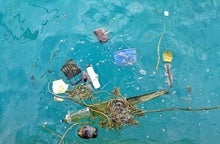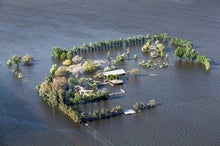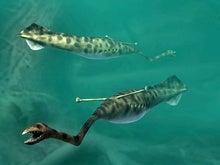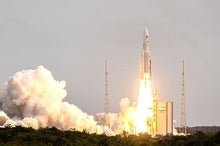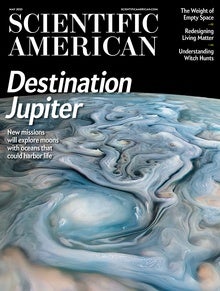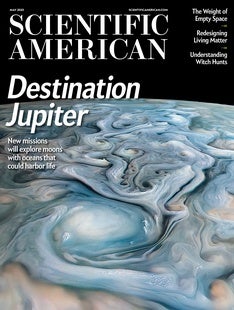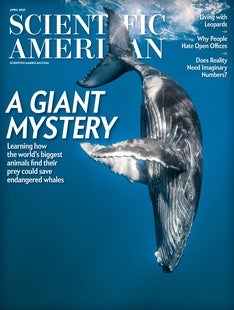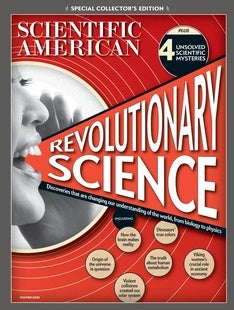 |
| April 21, 2023 |
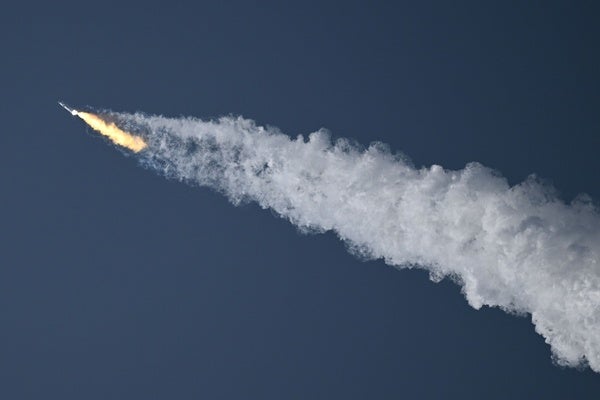 |
| Space Exploration SpaceX's Starship Fails Upward in Milestone Test Starship, a super powerful launch system that could revolutionize access to space, soared for mere minutes—but its test flight is still being hailed as a success By Meghan Bartels | |
| |
| Artificial Intelligence What You Need to Know about GPT-4 The AI GPT-4 has emergent abilities—but that’s not why it’s scary. |  | By Sophie Bushwick,Kelso Harper,Tulika Bose | 09:27 | | | |
| |
| |
| |
| |
| |
| |
| |
| |
| |
| |
FROM THE STORE
 | | | |
BRING SCIENCE HOME
 | | Plug a Leaky Bottle with the Power of Air! |  How can air exchange work to stop a leak? Grab a balloon and a water bottle and use physics to solve this challenge! Credit: George Retseck | You might have heard people talking about pressure before: maybe that there is too much of it, or not enough. Pressure can mean different things in everyday English, but in general when scientists talk about pressure they mean a constant physical force (such as a push or a pull) exerted or applied to an object. For example, if you sit on an inflated balloon, you can see the effect of the pressure on that balloon—at least, until it pops! In this activity we’re going to use pressure in an unexpected way. Can you keep air in a balloon without tying the bottom? What about keeping water inside a bottle, even if there’s a hole in it? Maybe you can do both—with just the right amount of pressure! | |  | |
LATEST ISSUES
 |
| |
| Questions? Comments?  | |
| Download the Scientific American App |
| |
| |



